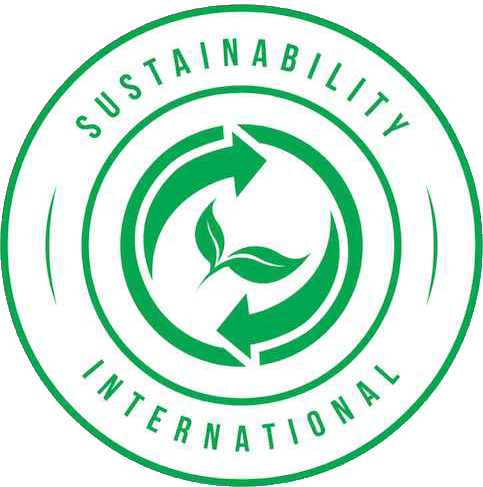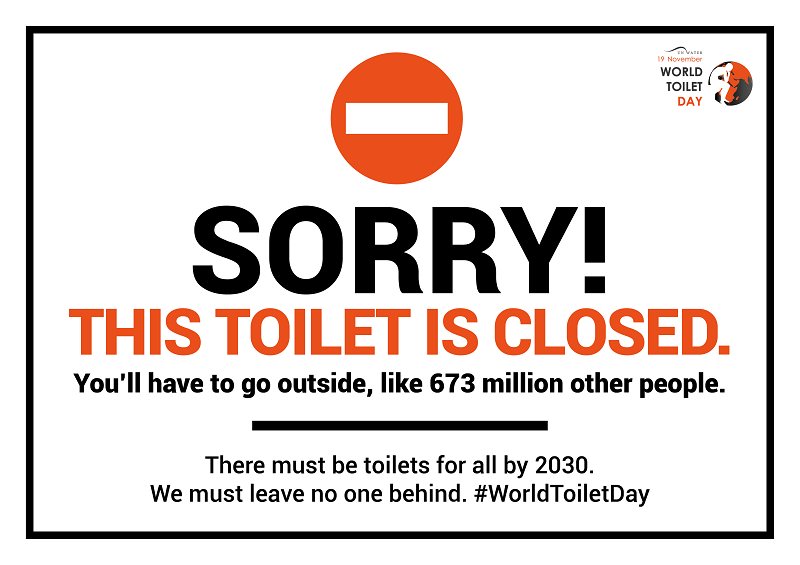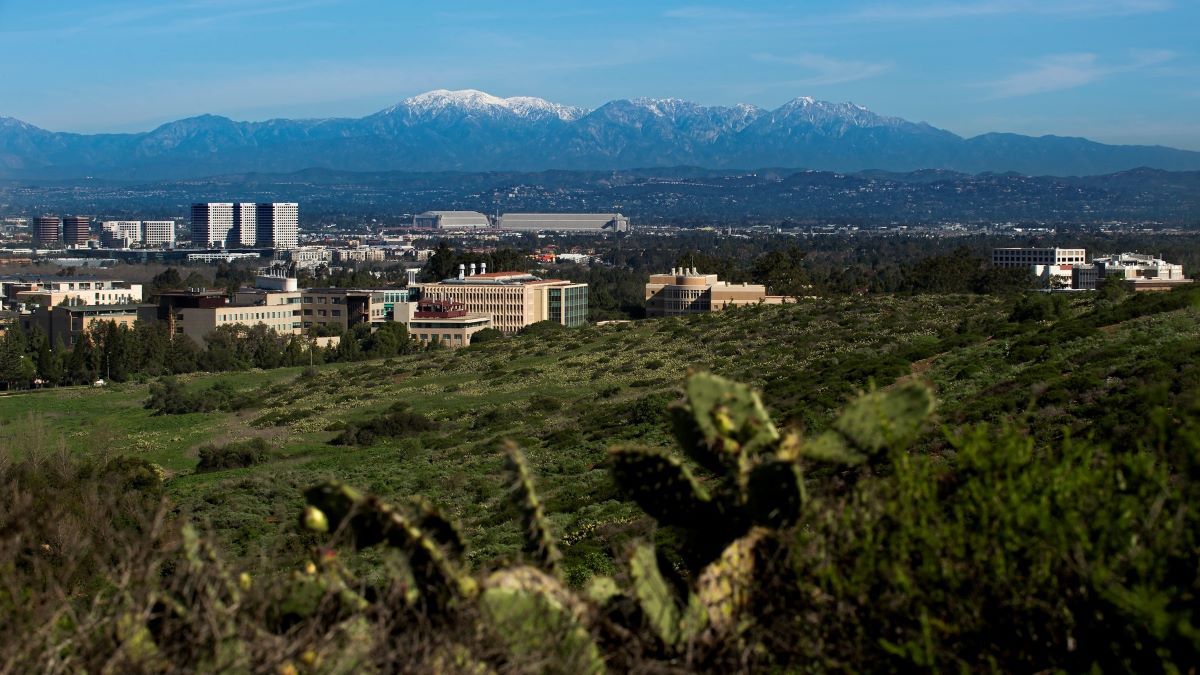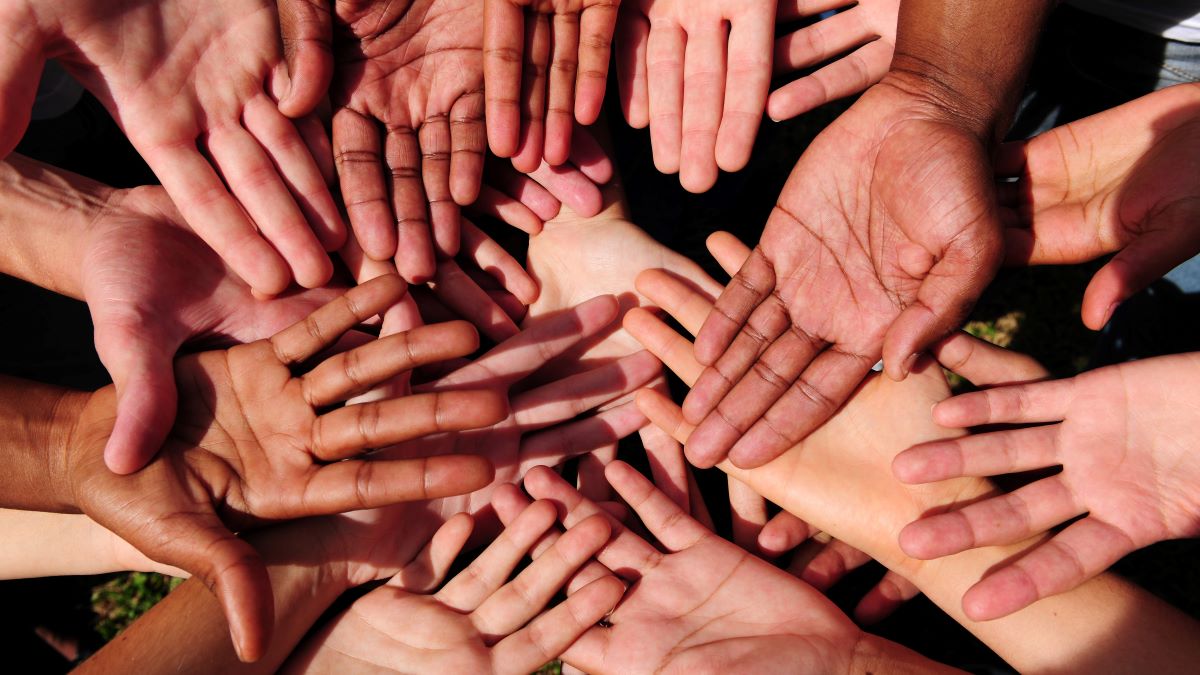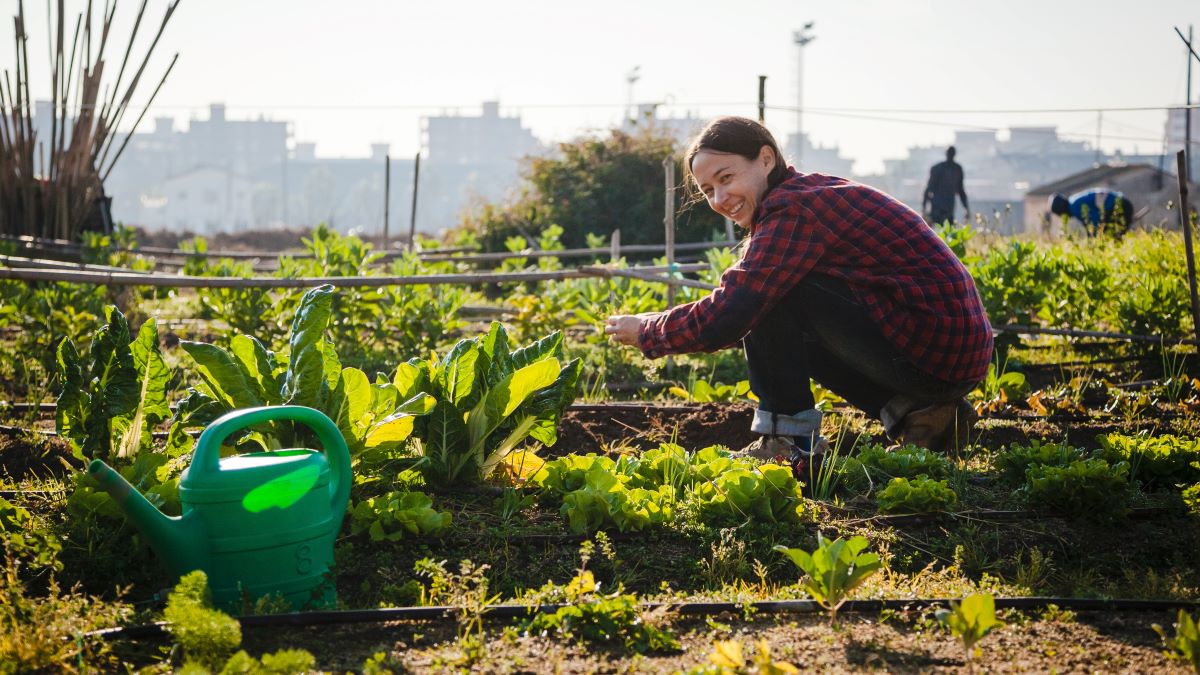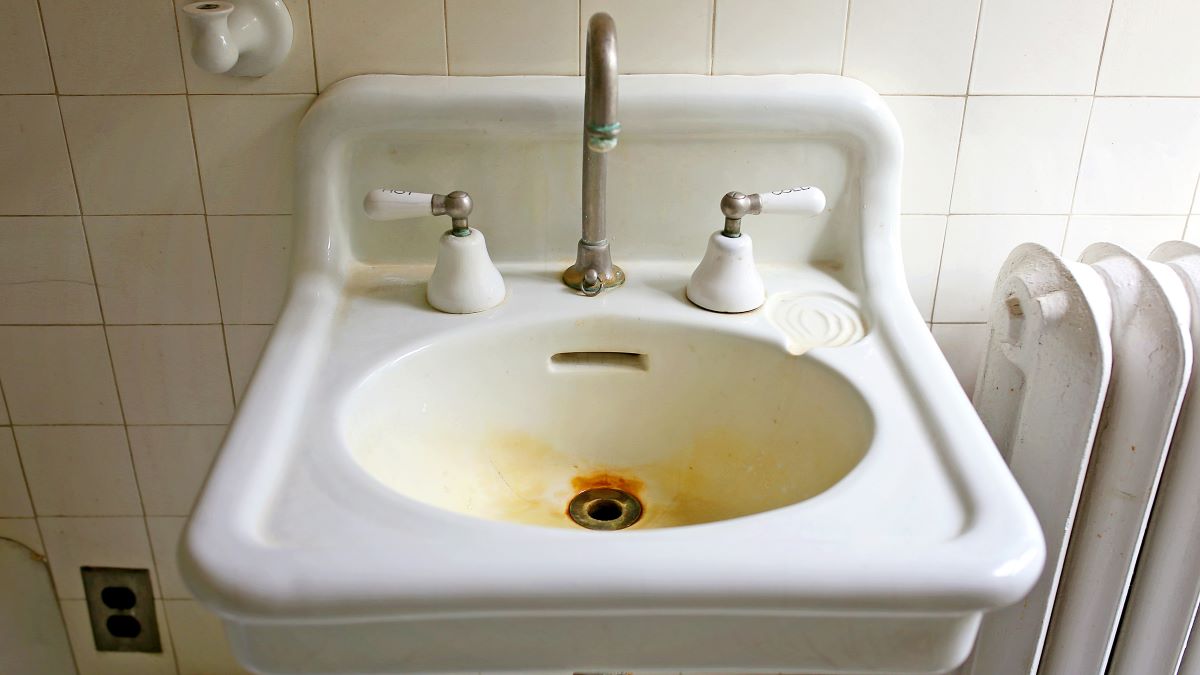At first glance, the idea of World Toilet Day might be bewildering. But if you’ve ever needed a plumber, you know a working toilet is something to celebrate. World Toilet Day exists to remind us that 4.2 billion people – more than half of all humans – do not have access to safe sanitation.
A Crappy Situation
Basic facilities – that is, a safe way to manage human waste and access to soap and water to wash hands – are anything but basic. More than 673 million people still practice open defecation for lack of toilets. Even where toilets exist, 80% of all wastewater returns to the environment without any treatment. And 40% of the world’s population doesn’t have in-home handwashing facilities. Even in America, 63 million people are at risk of drinking contaminated water and almost 1.6 million don’t have indoor plumbing.
It’s not just gross, it’s dangerous. More than 800 children under the age of five die every day from diarrheal diseases. Adults are susceptible to waterborne illness, too. In 2017, almost 1.6 million people died from diarrheal diseases globally. Now the risk of unwashed hands is increased by COVID-19.

Image: World Toilet Day
World Toilet Day
The United Nations established November 16 as World Toilet Day to help break the taboos around toilets and raise awareness of sustainable sanitation options. Since 2013, the UN has worked towards the development of safe, sustainable sanitation options to end open-air defecation. The decade 2018-2028 was declared the Water Action Decade to accelerate improved access to safe water and sanitation, and to deal with increasing pressure on water resources and ecosystems, including the risk of droughts and floods. The focus for 2020 is on the connection between sustainable sanitation and climate change.
Toilets and Climate Change
Climate change is making sanitation harder. Storms and rising sea levels threaten entire sanitation systems with flooding and contaminated drinking water and food crops. By 2050, up to 5.7 billion people will experience at least one month a year of drought, putting traditional septic and sewer systems at risk. Composting toilets or modern waterless designs may be more sustainable, resilient options.
Sustainable sanitation systems can also be part of the solution to climate change. Reducing water consumption and loss and improving the energy efficiency of treatment systems lowers greenhouse gas emissions. Properly treated wastewater and sludge can boost agriculture. Biogas can also be captured and used for green energy generation.
What Can You Do?
Sustainability starts at home. Find out if your water is safe, and if it is not, take steps to improve it. Learn disease-preventing handwashing technique. Consider whether a composting toilet is an option, and if not, upgrade to more efficient toilets.
Learn about UNICEF’s Toilets4All and Hand Hygiene for all campaigns (there’s even a video game called “Toilet Trek“) and if you have the means, support them with a donation. Whatever action you take, share it using #WorldToiletDay to help end the toilet taboo and raise awareness of the lifesaving importance of toilets.
The post World Toilet Day Is Something to Celebrate appeared first on Earth 911.
